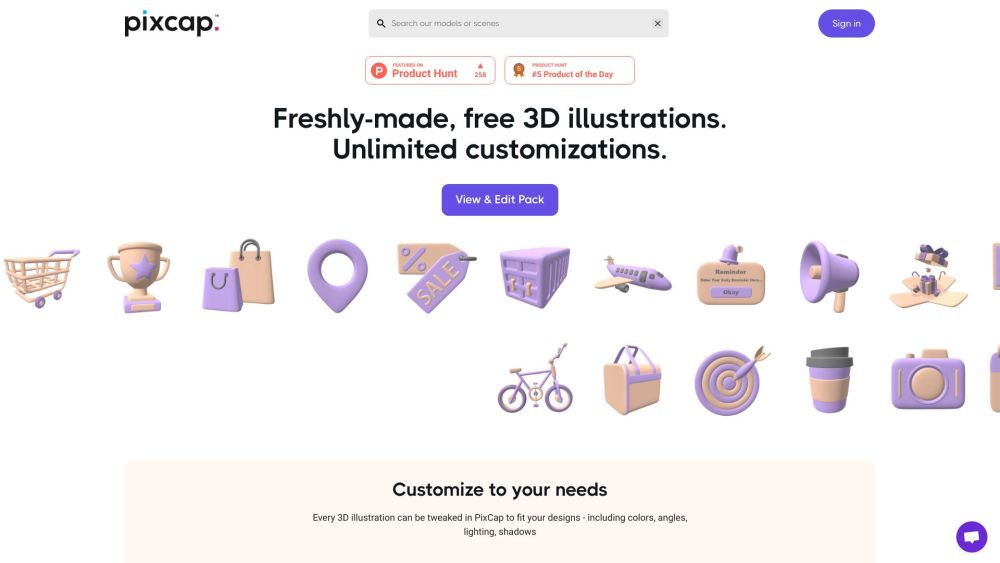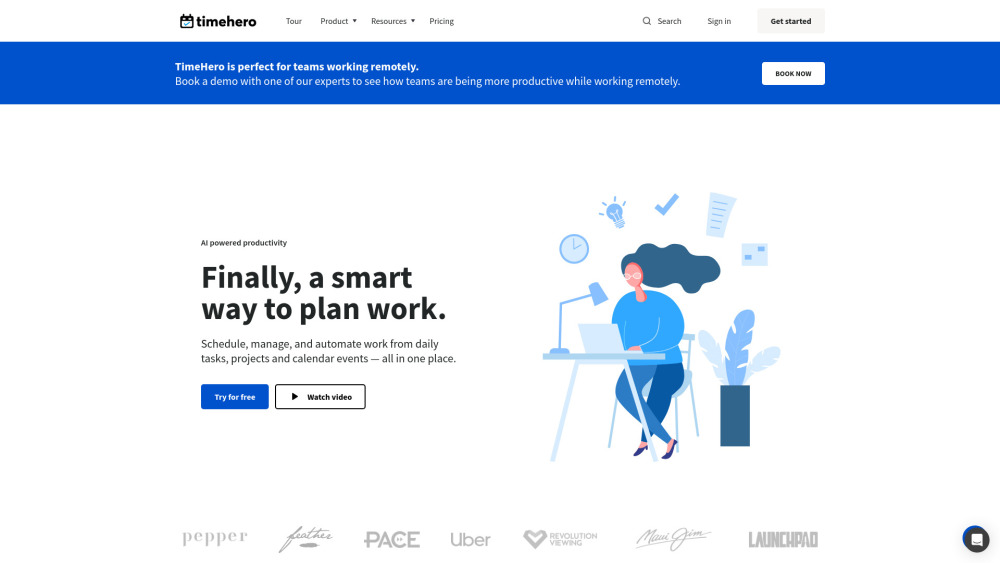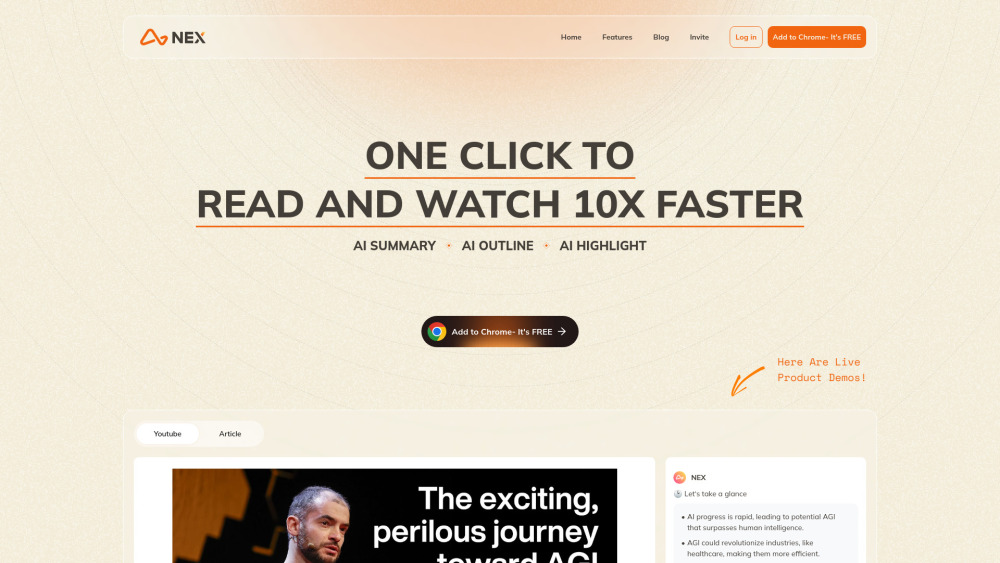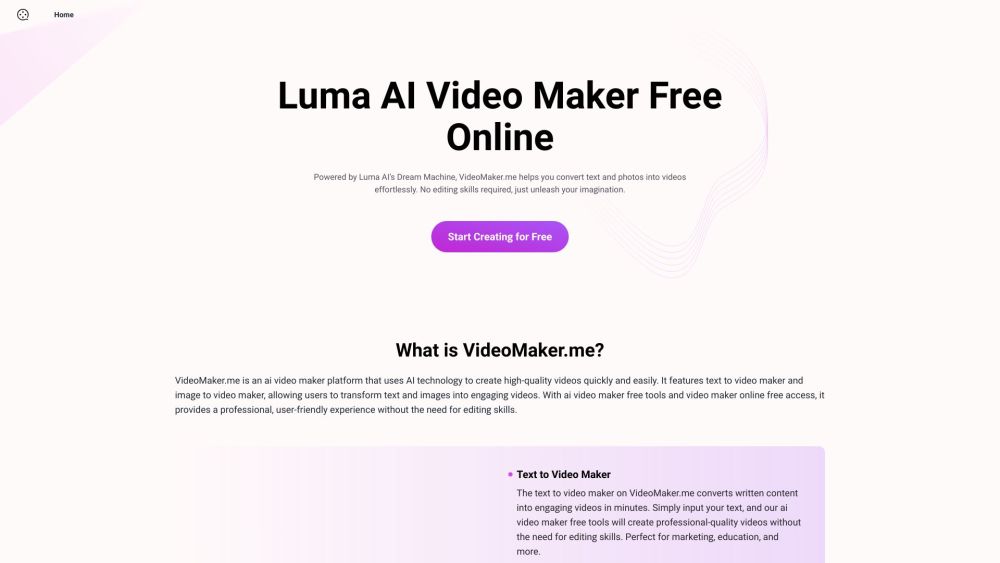Recent years have seen remarkable advancements in both the artificial intelligence (AI) and blockchain industries. While these two sectors are on different paths toward mainstream adoption, they face distinct challenges that the other could help address, according to a new report shared exclusively by TenSquared Capital (10SQ).
According to Stan Miroshnik, founder of 10SQ, “AI needs blockchain more than the other way around.” He explains that the AI industry requires enhanced data sharing security and decentralized marketplaces to enable broader participation in its networks. Additionally, AI models seek validation and auditing capabilities that blockchain technology can provide. Conversely, blockchain can leverage AI to enhance real-time monitoring and identification of vulnerabilities.
Developers are actively exploring this symbiotic relationship, as indicated by a significant increase in research and development activities over the past five years. As of December 31, 2023, there are more than 6,900 blockchain and AI-related GitHub repositories, 539,000 GitHub pull requests, 1,500 filed patents, and 5,600 research publications in these fields.
The report highlights that the primary barriers to adopting blockchain and AI include scalability, compatibility, and governance challenges. Although many blockchain networks have been focused on improving their infrastructure during the recent bear market, some still struggle with processing large volumes of data efficiently. The report posits, “As the technologies advance, blockchain and AI could complement each other, leading to a more diverse and enriched technological landscape.”
Blockchain technology plays a crucial role in verifying content authenticity and establishing secure networks. The integration of AI and blockchain could produce more robust cybersecurity systems, among other advancements. A November 2023 survey conducted by Casper Labs among 608 IT decision-makers revealed that a majority view AI and blockchain as complementary technologies. However, 19% believe they are unrelated, with “no potential intersection.” Interestingly, approximately 51% of blockchain users rely on the technology to enhance their AI capabilities.
Despite a venture capital slowdown in crypto, the web3 and AI sector remains among the top-funded areas in 2023, attracting around $600 million, or 11%, of total investment according to the 10SQ report.
AI can be integrated into blockchain at various levels, including through infrastructure enhancements via smart contracts, protocols, web3 security, and decentralized applications (dApps). This integration can also streamline blockchain coding processes by providing shared coding tools that accelerate development.
On Tuesday, Vitalik Buterin, co-founder of Ethereum—the largest blockchain in terms of total value locked—published a blog post discussing the opportunities and challenges posed by crypto and AI applications. He stated, “pure AI interfaces are probably too risky at the moment.” Nonetheless, Buterin acknowledges AI as a vital player in this landscape, noting that incentives will largely derive from protocols involving human inputs.
Miroshnik believes that it’s still early for both AI and blockchain and that they are naturally converging. “In the future, we won’t think of them as separate entities but as part of an interconnected continuum.” He foresees a natural evolution where these technologies merge, leading AI frameworks to shift toward open, distributed models that utilize blockchain mechanisms. “Whether that means moving away from centralized platforms, being hosted on distributed clouds, or sharing resources… blockchain will play a fundamental role in the infrastructure of future AI systems.”





